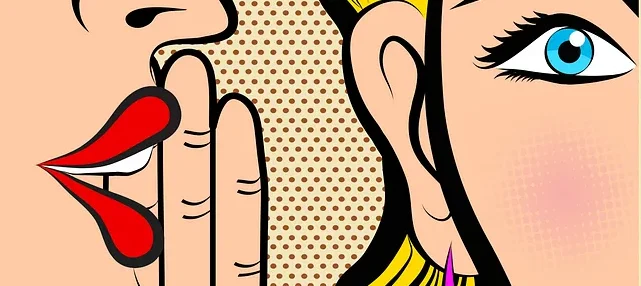Procrastination is one of the most powerfully antagonistic forces to not just High School Students, but everyone. It’s a horrible, addictive force that is instinctive for us humans. We often procrastinate without realizing it, not even giving it a second thought, or relatively a first one, but this isn’t healthy.
“Procrastination often puts people into a spin cycle of anxiety, depression, and stress,” Mrs.Turcotte, CHS Teacher, said, listing only some of the negative effects that procrastination can induce on a person “The effect it has on mental health is huge. Putting the things off that you have to do, whether it be school work, chores, a job, etc., only creates elevated levels of angst when the deadline hits” Turcotte continued, reaffirming how procrastination is something that should be taken seriously. Procrastination is self-harm, it’s having practically empty glimpses of fun that you can’t enjoy because all you can think about is the work soon to be due, and when it is near due, it causes self-hatred and stress.
Although procrastination does all of these things, we still keep doing it. We are self-aware and often mad at ourselves, and yet, we continue to put aside work. Often we beg the question why, and while it may seem like it’s all our fault, it isn’t, not fully. It’s instinctive for our brains to put tasks aside that can potentially emit undesirable feelings of boredom, discomfort, and hatred. One, our brain can see these tasks as threats and put them aside as a sense of safety, and two, we are meant to eat, sleep, and reproduce. Our brains weren’t prepared for this industrialized era and looking into our future. Our brains naturally consider our future selves as strangers and it’s justified to give them these tasks and problems.
However, your actions are still a large part of you. Procrastination can still cause a terrible mental health state because while you’re doing it, your mind is essentially off in its world. It’s kind of numb and wild and trying its hardest not to think of that task. Then, like a hangover, the clarity kicks in. This is where you get most of the self-hate, anxiety, and depression. This clarity is multiplied and magnified when you’re near a deadline. You get angry and upset at yourself for just throwing away whatever important task you need to complete. However, this often gives you determination to complete the task and do what’s right; nevertheless, it still isn’t healthy. It only gets worse, and worse the more you do it, and you feel more horrible as you continue.
Not only that, but the work you produce often is rushed: “I think it decreases the quality of their work and causes stress, and is overall just not a good habit to have,” kind student, Meredith Morgan stated when responding to the question “How do you think procrastination affects people” This is true because at a certain point in time, your deadline is so close and so worrisome to you that you panic and do the task with a lack of quality and only speed.
Because of all this, procrastination can seem to be unsolvable and unhelpable; however, there are tons of ways to fix this issue. One of these ways CHS teacher, Mrs.House has found with her son: “he still tends toward being a person who tends to fall into the habit of procrastination; however, he found something he is interested in and enjoys, so he doesn’t procrastinate because he likes his line of work,”. This shows how if someone enjoys what they’re doing, they’re more likely not to postpone it and shove the task away for later. Mrs.Turcotte also found various strategies that can help a student: “Having a plan, making goals, setting aside time to work, writing a list of ‘to-do’s’ to check off and other strategies can help relieve the stress and anxiety,” All of these methods can help to end procrastination, especially having a plan and a list of “to-do’s” part since looking at a well-planned schedule and having goals for the day can give you enough motivation to do whatever rough task you need to do.
Finally, how can CHS students help others with issues of procrastination? Mrs. House found one of these strategies for her son that can help: “I’ve coached him by setting timers,” while this strategy is simple, a persistent attempt to hold your friends or family to a schedule and get them to do work can always help. Another way we can all collectively slow down and try to stop procrastinating has been stated by Meredith Morgan: “I think if we all supported each other more and kind of pushed each other to do more things and make procrastination not the norm, that could help.” This is true as procrastination has been made to kind of be normal and average, but if we start making it not by pushing ourselves for the better using some of these strategies, one may not want to procrastinate at all.
Overall, nobody can help you more than you; after all, you’re the one who chooses to do work, be healthy, and even procrastinate. You’re the only one who can make yourself change for the better, and it’s important to realize and believe that you can do this. To quote Jim Rohn: “Happiness is not by chance, but by choice.”

